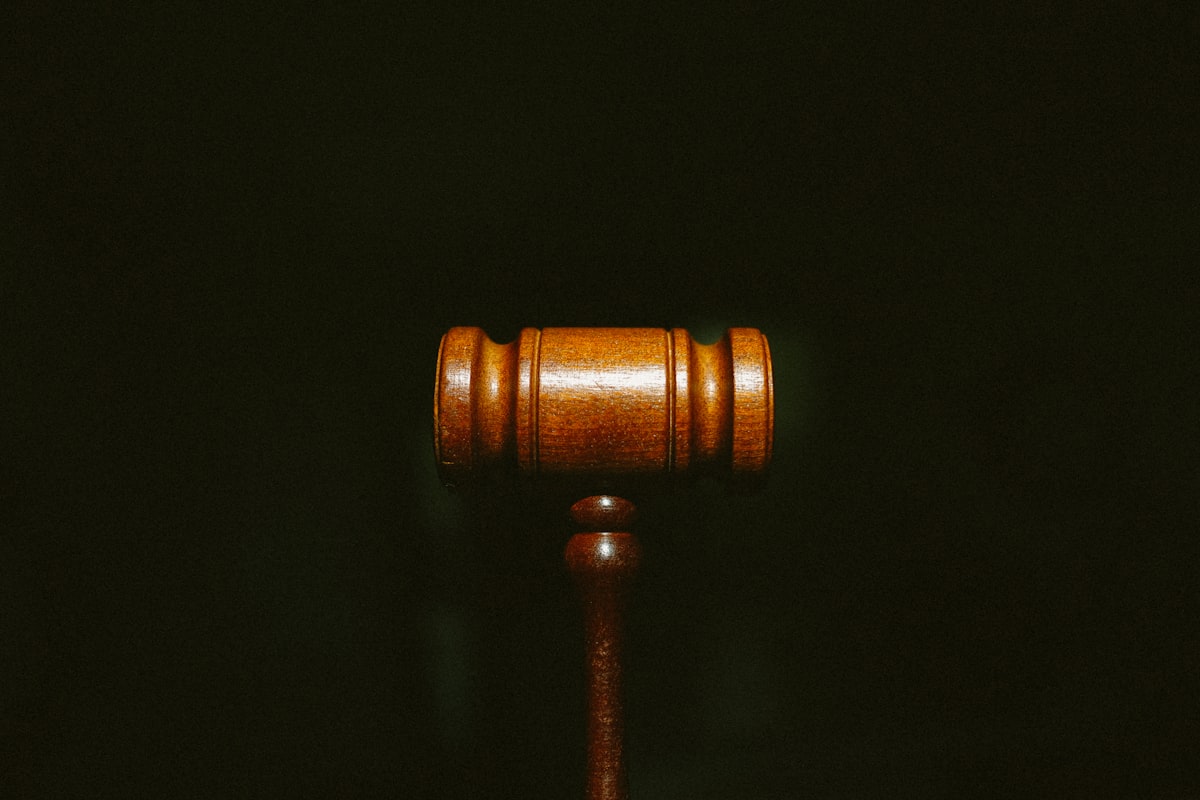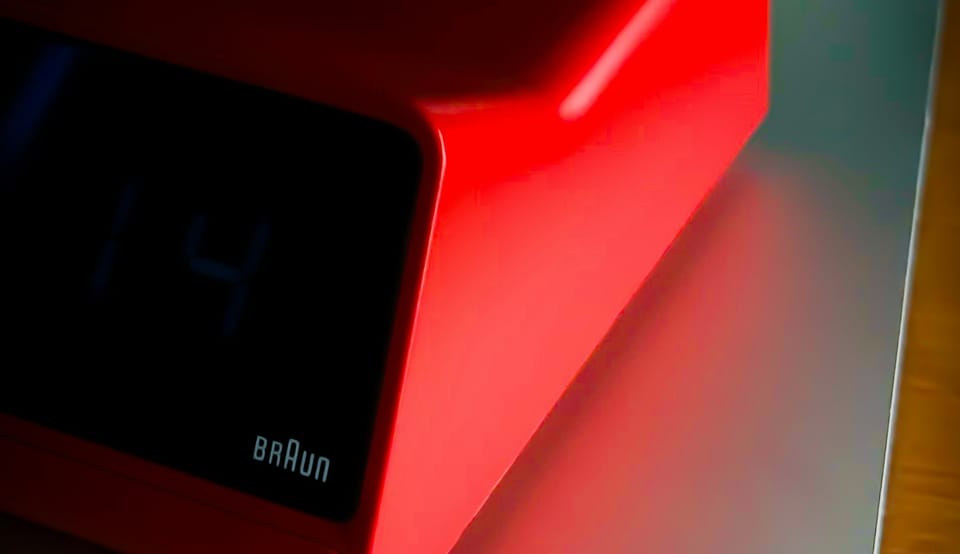Solving autonomous vehicles legal responsibility

I often speak about the automotive market because it's in such turmoil that from an innovator's perspective, everything is exciting about it. Every part of the business model is changing (or should be), the underlying technologies and manufacturing processes are changing, what customers need is changing, and not to mention energy distribution.
This week an automaker is formally accepting legal responsibility for the autopilot system of its cars. And it's not Tesla, but Mercedes.

This shows how an industrial can lean in market change without waiting for the regulating authorities to solve complex moral and ethical issues—and not doing so irresponsibly by just being another reckless Uber or Facebook. Such a move might also bolster consumers' confidence in these technologies and boost Mercedes' sales ahead of everyone else in this segment (not to mention the professionals using these cars).
It also shows Mercedes's confidence in becoming a platform with always connected cars and real-time detailed log monitoring (if only to address the question: when was the autopilot engaged or disengaged?). This last part and everything it entails, from 5G to cloud services, will be essential to follow up.
Next up for Mercedes: an extensive U.S. and European fast-charging network?
And remember when I tell you that if I monitor extensively what's going on in the automotive market, it's because it signals change to come for other industries? Airplanes manufacturers and airline companies are also starting to deal with who's responsible in case of a self-flying plane crash.




